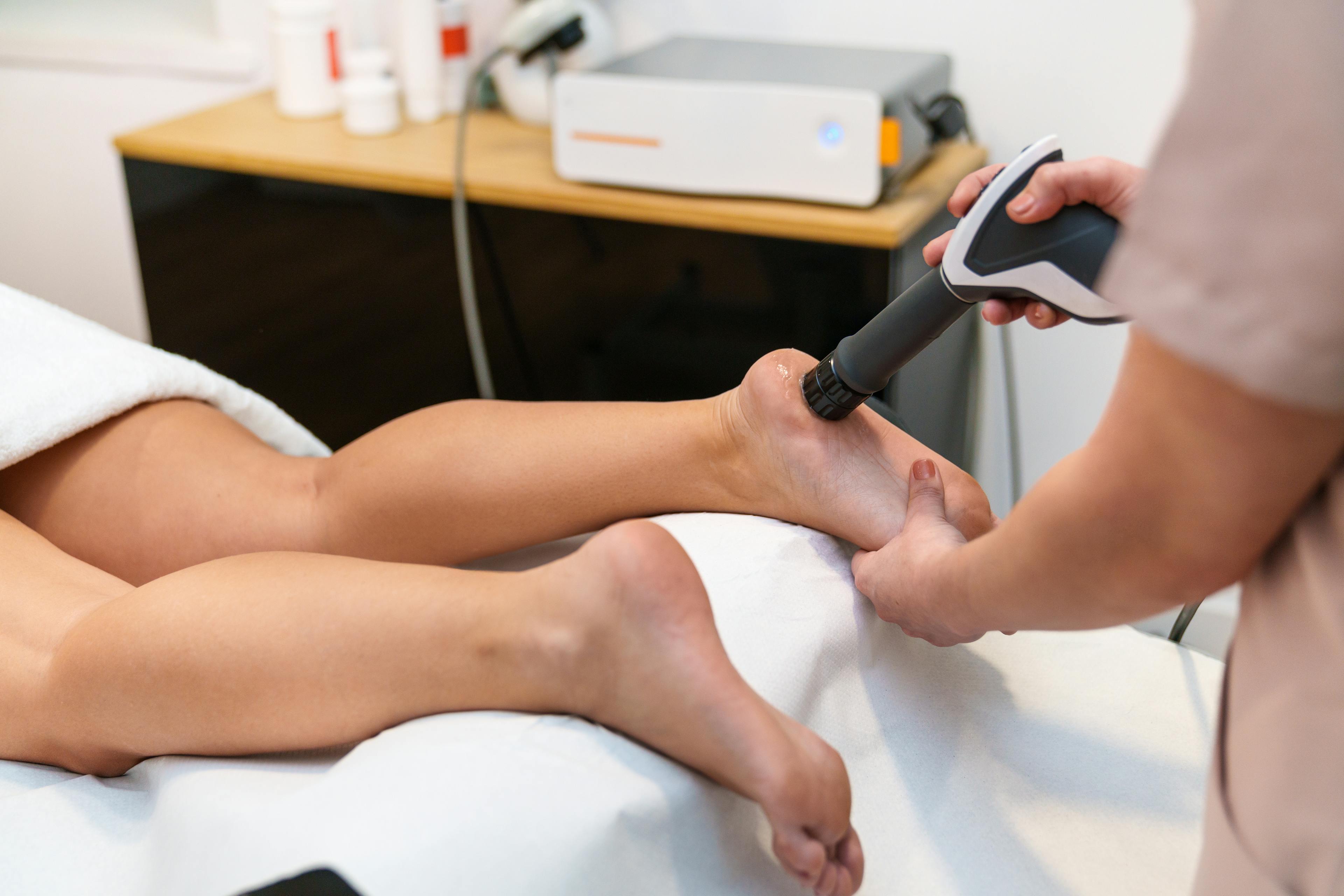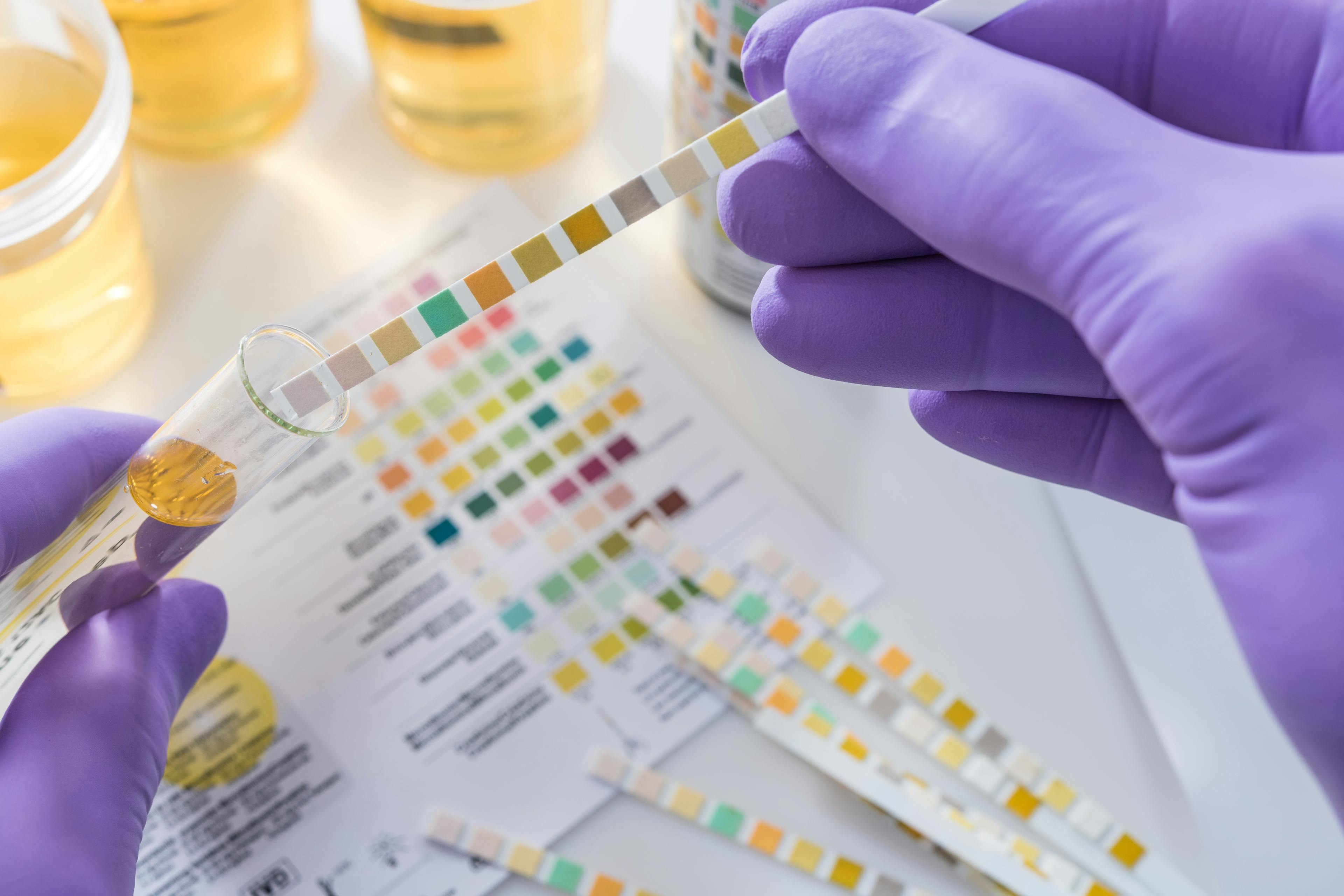When it comes to illnesses that affect the respiratory system, there’s often a complex interplay between various infections and conditions. One question that has intrigued medical professionals and patients alike is whether strep throat, a common bacterial infection, can transform into bronchitis, a condition characterized by inflammation of the bronchial tubes in the lungs.
In this blog, we aim to unravel the mystery surrounding the potential connection between the two and answer the question, "Can strep throat turn into bronchitis?” Continue reading to learn more about the differences between the two illnesses, the potential connections, and how to care for and prevent strep throat from turning into bronchitis.
Understanding Strep Throat and Bronchitis
Before exploring the connection between strep throat and bronchitis, let’s take a moment to understand each condition independently.
Strep Throat
The Streptococcus bacteria causes strep throat, which is an illness that primarily affects the throat. It is characterized by a sore throat, difficulty swallowing, and swollen tonsils. Other common symptoms include fever, headache, and fatigue. Strep throat is highly contagious and spreads through respiratory droplets transmitted through coughing, sneezing, breathing, and talking.
Bronchitis
Bronchitis is an inflammatory condition caused by a viral or bacterial infection that affects the bronchial tubes, which carry air to and from the lungs. There are two types of bronchitis: acute and chronic bronchitis. Acute bronchitis is often caused by viral infections and is characterized by a persistent cough, fatigue, chest discomfort, and excess mucus production. Chronic bronchitis, on the other hand, is typically associated with long-term exposure to irritants, such as smoking.
The Potential Connection
While both illnesses are distinctly different, there is a potential connection between the two. They’re both respiratory in nature and can share similar symptoms, including coughing and fatigue. However, strep throat cannot transform into bronchitis. Strep throat is caused by bacteria, while acute bronchitis is often viral in origin.
It is possible, though, for a person who has recently experienced symptoms of strep throat to experience a weakened immune system while in recovery. During this period of vulnerability, you can be susceptible to other infections that could lead to developing bronchitis. Even the act of coughing due to strep throat could irritate your airways, making them more susceptible to developing symptoms of bronchitis.
Factors Influencing a Transition
Several factors play a role in determining whether someone with a recent bout of strep throat could develop bronchitis:
Immune System Health
A strong immune system is crucial for fighting off infections. If the immune system is compromised due to a recent illness (like a sore throat), stress, or other factors, it may struggle to defend against new illnesses.
Reinfection
If someone’s strep throat is a bacterial strain resistant to antibiotics or if they become reinfected with a different strain, their recovery can be delayed. This extended illness duration can weaken your immune system further and increase the likelihood of developing bronchitis.
Environmental Factors
Exposure to irritants and pollutants in the environment can contribute to developing bronchitis. Individuals who have recently had strep throat might be more sensitive to these factors, making them more susceptible to bronchitis.
Smoking
Those who smoke or are exposed to secondhand smoke are more likely to experience complications and prolonged recovery periods from infections like strep throat, increasing their chances of developing bronchitis.
Prevention and Care
It’s essential to focus on prevention and proper care to reduce the risk of transitioning from strep throat to bronchitis. Preventative steps include the following:
Antibiotics
If one is diagnosed with strep throat, it’s crucial to be treated with antibiotics. Completing a course of prescribed antibiotics helps ensure the bacterial infection is fully eradicated, reducing the risk of complications.
Rest and Hydration
Resting and staying hydrated is essential for a strong immune response. Proper hydration helps keep the airways moist and supports the body’s defense mechanisms.
Avoid Irritants
Minimize exposure to smoke, pollutants, and other irritants that can exacerbate respiratory symptoms and increase the risk of bronchitis.
Good Hygiene
Practicing good hygiene, such as washing hands frequently and avoiding close contact with individuals who are sick, can help reduce the risk of viral infections that may lead to strep throat and bronchitis.
When to Seek Medical Attention
The answer to the question “can strep throat turn into bronchitis” is a no, but there is an undeniable connection between the two. While strep throat itself does not directly turn into bronchitis, there is a potential for individuals recovering from strep throat to be more susceptible to other infections that could lead to bronchitis. Understanding the factors that influence this transition and taking proactive measures to maintain a healthy immune system and reduce exposure to irritants can help mitigate the risk.
Compassionate Care for Strep Throat and Bronchitis at CLS Health
If you find yourself experiencing symptoms indicative of strep throat or bronchitis, CLS Health is here to assist you with skilled primary care providers who can address your concerns, conduct thorough examinations, and guide you through the necessary steps for diagnosis and treatment.
Additionally, we understand that health issues can arise unexpectedly, which is why we offer convenient walk-in clinics with prompt access to medical professionals who can evaluate your condition and recommend the appropriate course of action. CLS Health is committed to being your partner in health, offering comprehensive care to ensure you receive the attention and support you need exactly when you need it.





